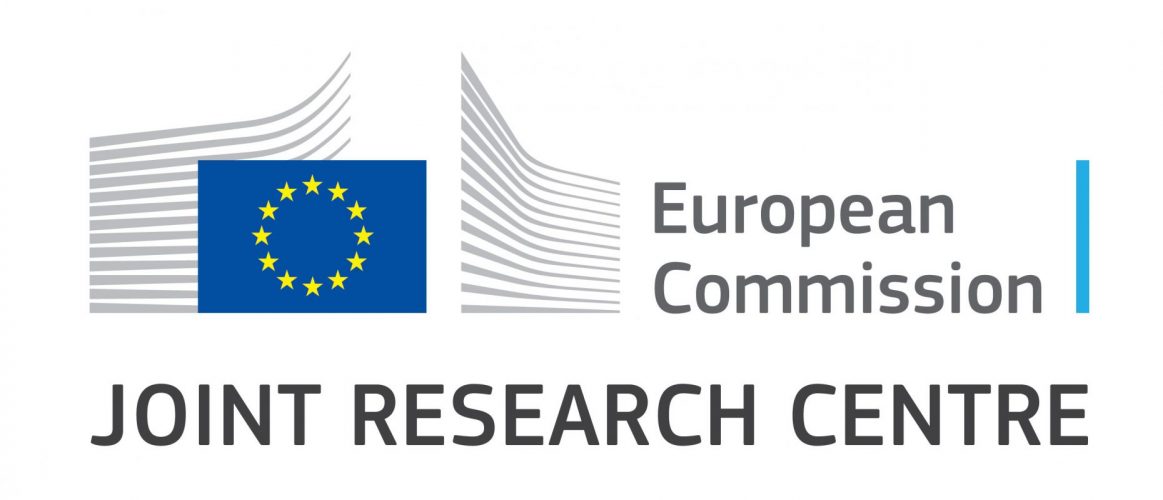
JRC B2 Seminar: ‘Social and distributional impact of the revision of the Energy Tax Directive in the EU’ – Eva Alonso Epelde & Xaquin Garcia
Mércores, 22 de Xuño ás 15.30h (CEST)
SEMINARIO ONLINE: Link
- Código de acceso no ordenador: Z56eAPG9Pm*
- Código de acceso telefónico: 95632749
Abstract: “The proposed Energy Taxation Directive (ETD) reform is one of the most politically sensitive elements of the Fit for 55 package. it is expected that the new ETD will have a direct impact on the energy products that are consumed by the European households and many stakeholders are concerned that the proposal risk entrenching inequality. We provide new evidence from a microsimulation model developed by the Basque Centre for Climate Change (BC3) with IEEP and five other partners in the Think Sustainable Europe (TSE) network to assess the direct, overnight distributional impacts of the New Energy Tax Directive. We show that if carefully designed – including well-directed revenue-recycling, and alongside complementary policy measures – the proposals can achieve progressive impacts. In short, it could serve as a tool to fight both inequality and the climate crisis.”
Abstract: “The proposed Energy Taxation Directive (ETD) reform is one of the most politically sensitive elements of the Fit for 55 package. it is expected that the new ETD will have a direct impact on the energy products that are consumed by the European households and many stakeholders are concerned that the proposal risk entrenching inequality. We provide new evidence from a microsimulation model developed by the Basque Centre for Climate Change (BC3) with IEEP and five other partners in the Think Sustainable Europe (TSE) network to assess the direct, overnight distributional impacts of the New Energy Tax Directive. We show that if carefully designed – including well-directed revenue-recycling, and alongside complementary policy measures – the proposals can achieve progressive impacts. In short, it could serve as a tool to fight both inequality and the climate crisis.”
